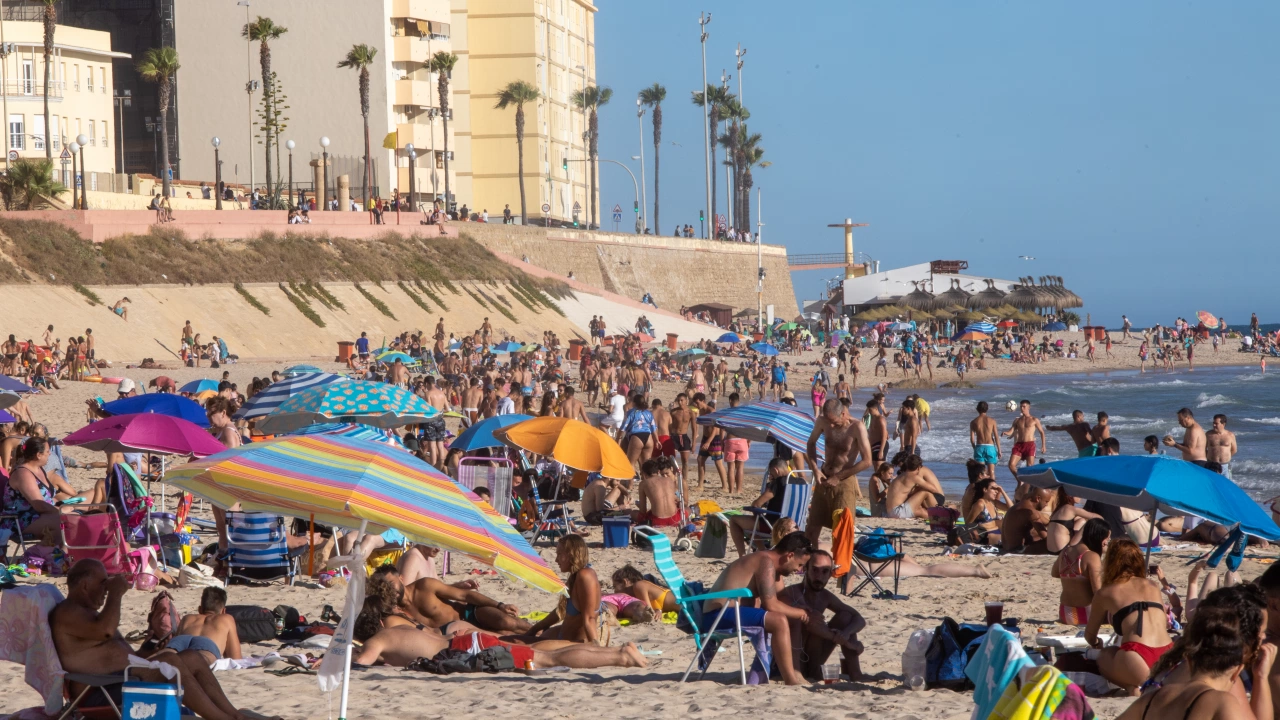Ice is a very popular commodity in Spain. Supermarkets are limiting the amount people can buy, and bars are running out of sangria cubes and other cocktails because of the heat and high energy prices. Since the beginning of the year, ice makers have reduced their usual stocks due to huge electricity bills and the uncertainty of summer demand after the covid pandemic.
However, tourism is on the rise again, coinciding with one of the hottest summers in Spain’s history, and this week is likely to be the third consecutive heat wave. Extremely hot temperatures, combined with a resurgence of social contact in towns and villages across the country, mean high demand for ice.
Ricardo Blasco, the owner of one of Madrid’s oldest ice companies (Blasco Ice), said his electricity bills had risen by 50-60% since the start of the year, so he moved production from March to May to partially offset the costs have grown His factory works 24 hours a day, seven days a week, but cannot continue to increase production, BTA reports.
Blasko says that worrying about disappointing his customers, who call him every day with new orders, keeps him awake. “It’s insulting when you can’t please everyone, even if you want to,” he says, adding, “We do our best.”
Empty shelves in supermarket freezers, where bags of ice should be, have become commonplace in Spain. And consumers go to gas stations and small shops in search of ice.
Mercedes Nieto, owner of a bar in Madrid’s trendy Chueca district, says that when her usual supplier ran out of ice, she looked at a local Chinese shop, which raised prices, and at supermarkets, but it was nowhere to be found. “If this continues, we’re going to have serious problems opening a cold-drinks establishment,” she says, stirring mojitos.
In some supermarkets, in particular, in the largest Spanish chain Mercadona, the quantity of goods is limited to five packages per person. Another chain, Kansum, only allows up to two.
“Increased demand due to high temperatures is leading to excess inventory,” a Mercadona spokesman said.

